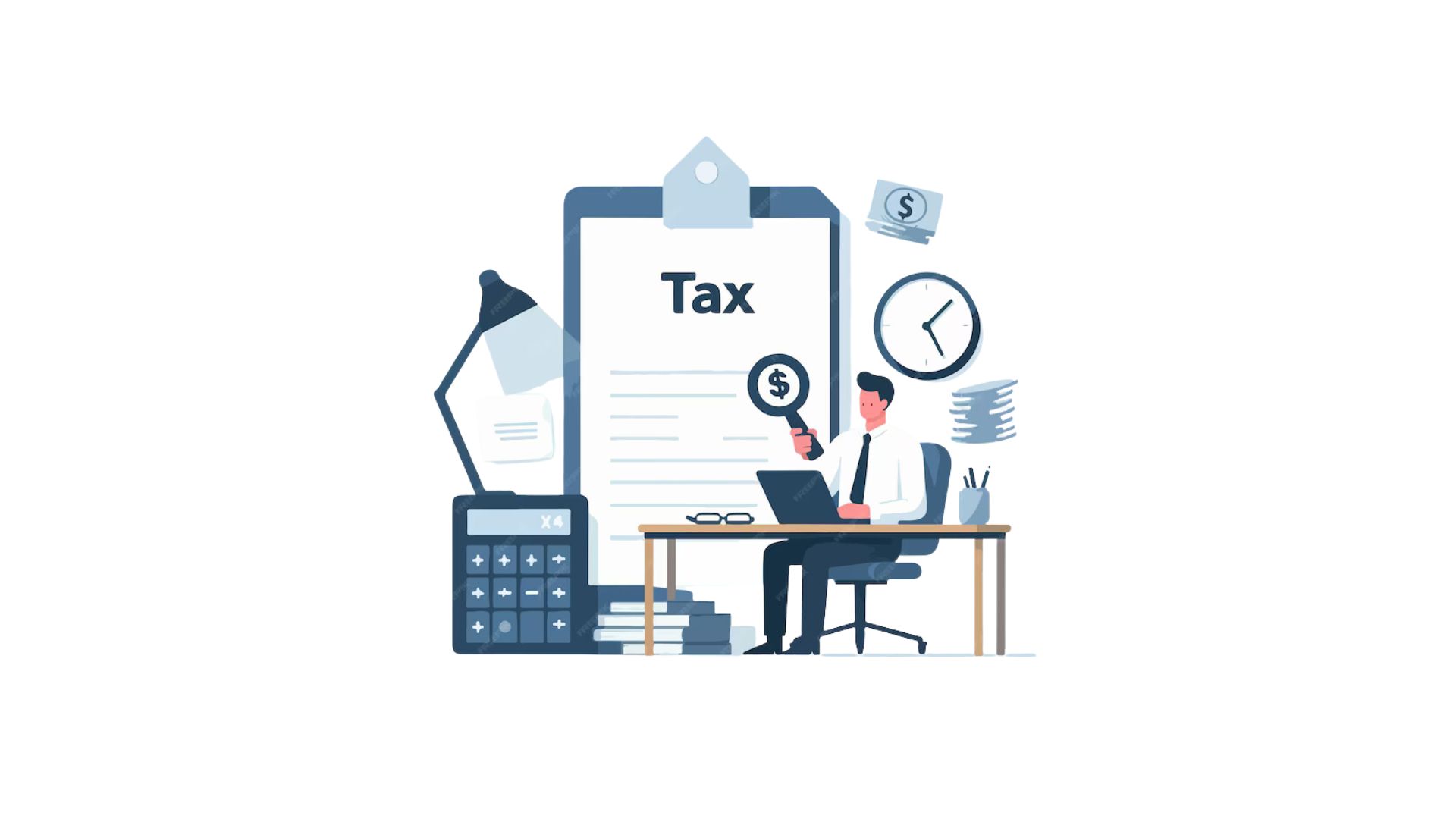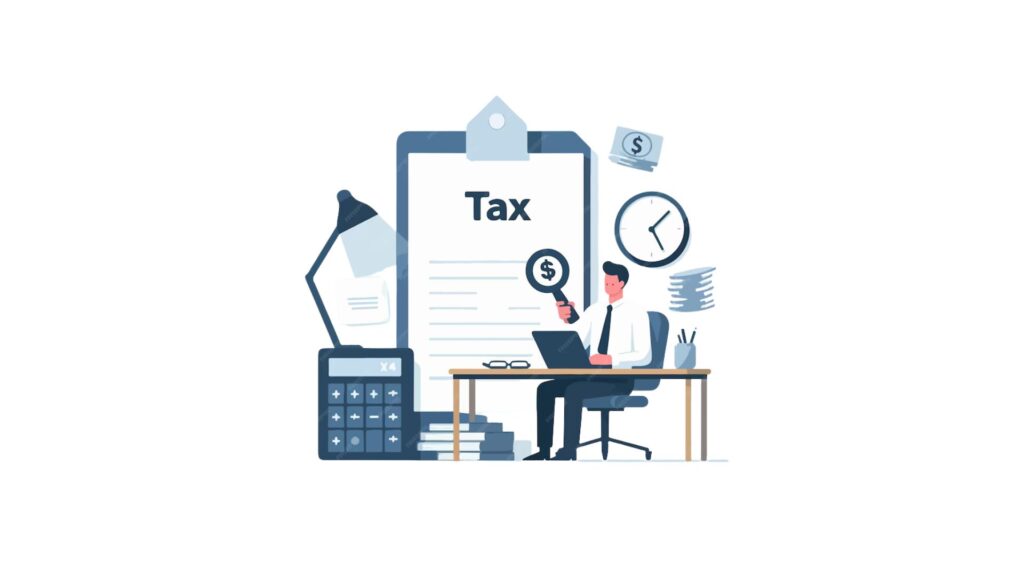
08 Jun Moonlighters: Pay Attention to Your I-T Return, Choose the Right Form, and File Form 10-IEA

Moonlighters, who often have both ‘salary’ income and earnings from gigs (categorized as ‘income from business and profession’), need to be meticulous in choosing the correct income-tax return form and complying with new requirements if they opt for the old tax regime.
Important Deadlines and Penalties
Salaried employees and taxpayers not subject to a tax audit must file their returns for fiscal 2024 by July 31. Missing this deadline incurs a penalty of Rs 5,000 (Rs 1,000 for those with income under Rs 5 lakh). Additionally, late filing prevents the carry forward of losses, such as those from the sale of securities, to future years.
Choosing the Right I-T Return Form
Moonlighters earning both ‘salary’ income and business or professional income from gigs cannot use Form 1 (ITR-1) or ITR-2. They must choose between ITR-3 and ITR-4.
- ITR-3: For individuals with business income.
- ITR-4: For those with a taxable income of Rs 50 lakh or less, opting for the presumptive tax regime for their business or professional income.
Consultants with gross receipts from gigs under Rs 75 lakh can choose the presumptive scheme, provided no more than 5% of their income is in cash. In this scheme, 50% of the gross receipts are considered taxable income. However, ITR-4 has limitations, such as it cannot be used by taxpayers owning more than one house property.
Filing Form 10-IEA for the Old Regime
The new tax regime offers lower rates but requires giving up benefits like HRA and deductions under Chapter VIA (e.g., PPF or eligible donations). Taxpayers with significant tax benefits might find the old regime more advantageous. Budget 2023 has made the new tax regime the default. Those with ‘income from business or profession’ who prefer the old regime must file Form 10-IEA online before the I-T return deadline.
Experts advise that salaried taxpayers without business or professional income do not need to file this form. Moonlighters with ‘income from business or profession’ must file Form 10-IEA to opt for the old regime, which remains in effect for subsequent years unless they choose to switch back to the new regime, an option available only once. If taxpayers with business or professional income fail to file Form 10-IEA, the new regime will automatically apply, and any claimed tax benefits will be denied.


No Comments